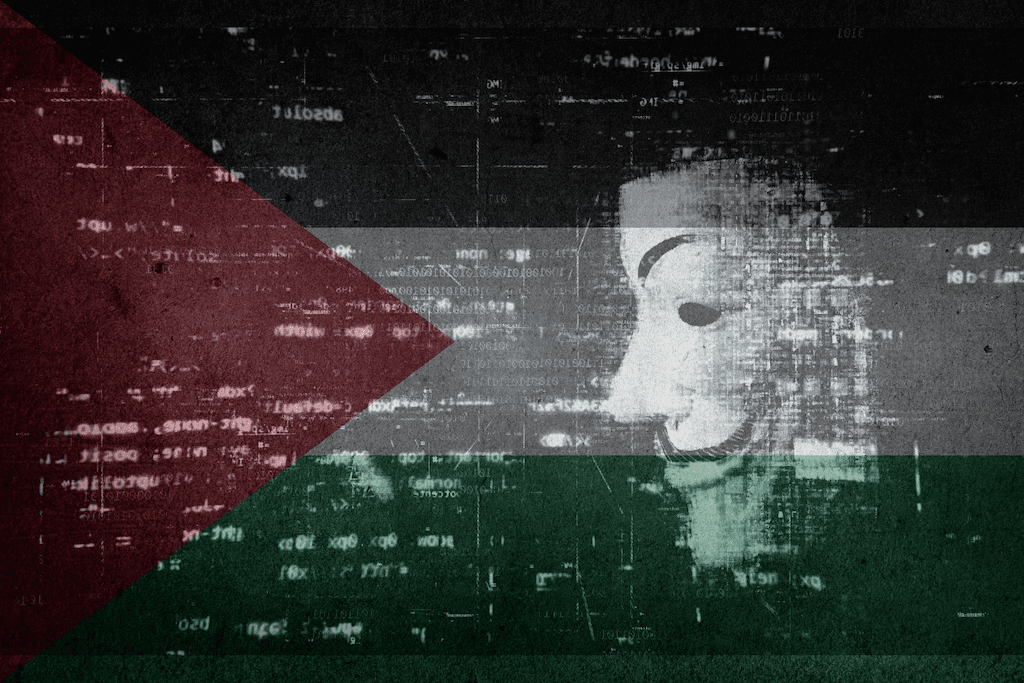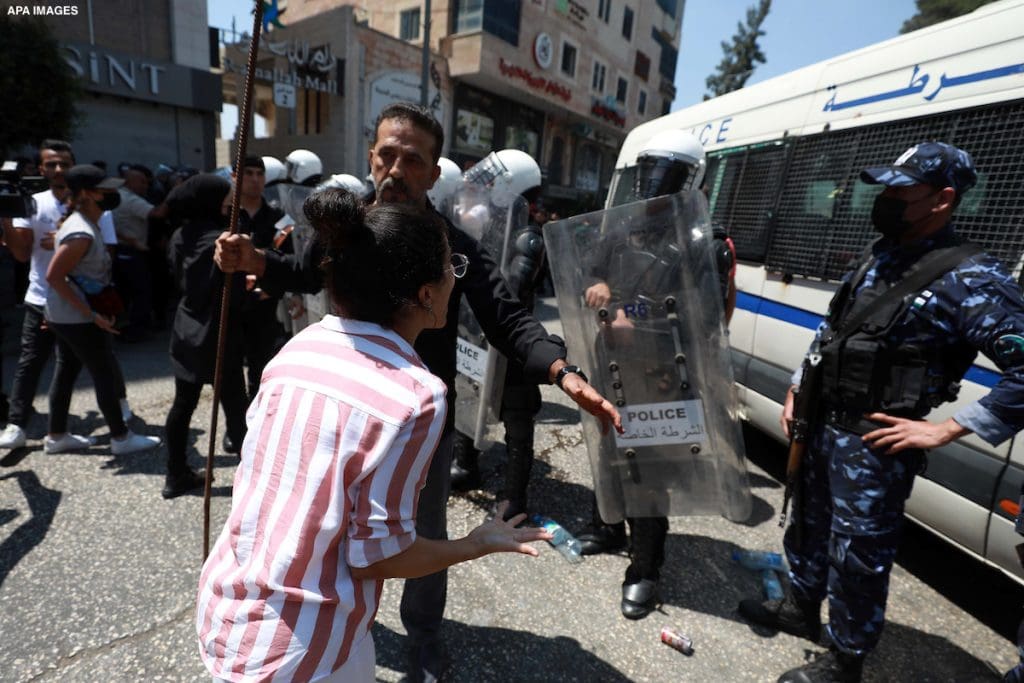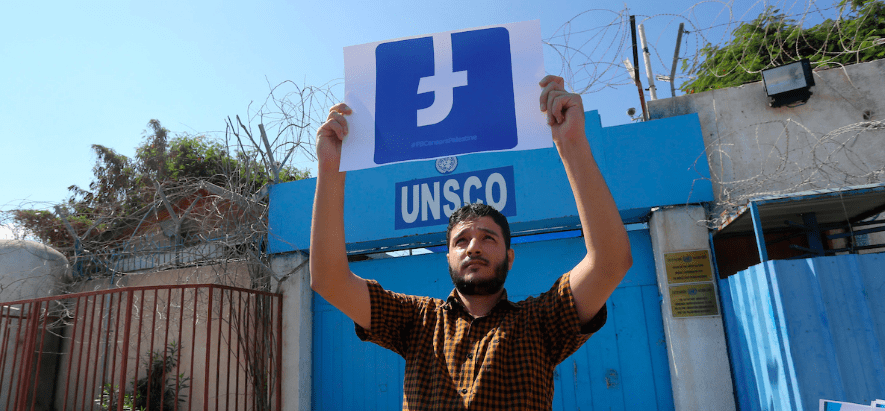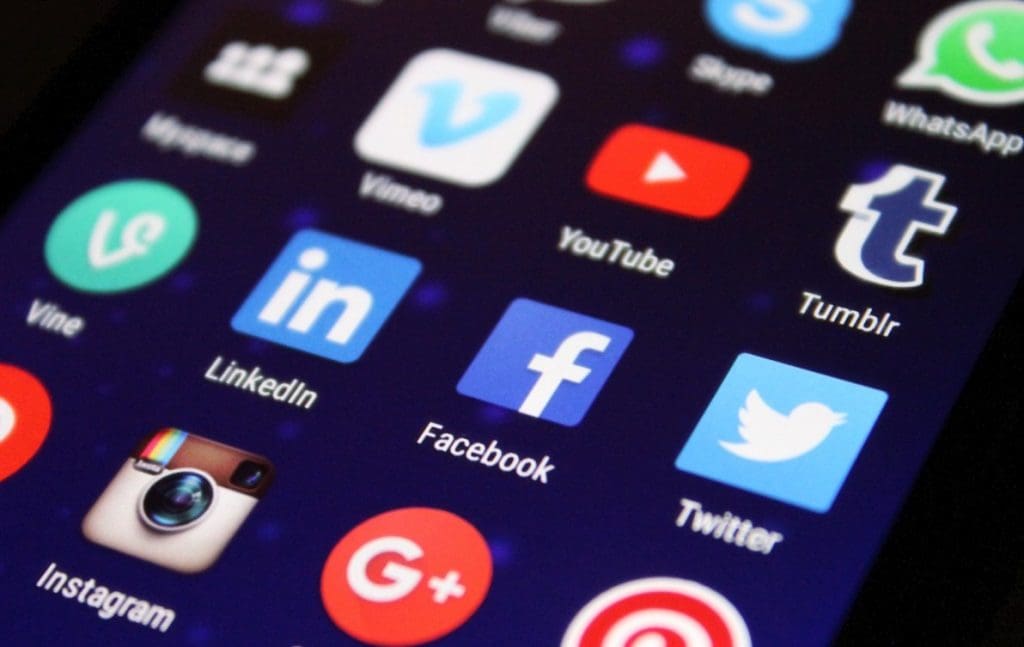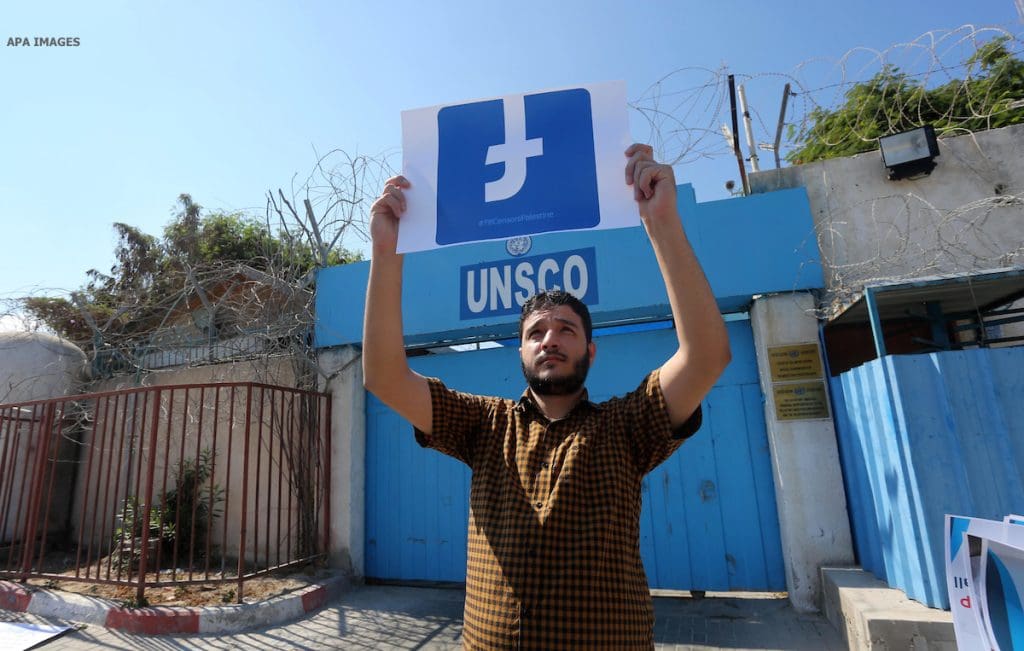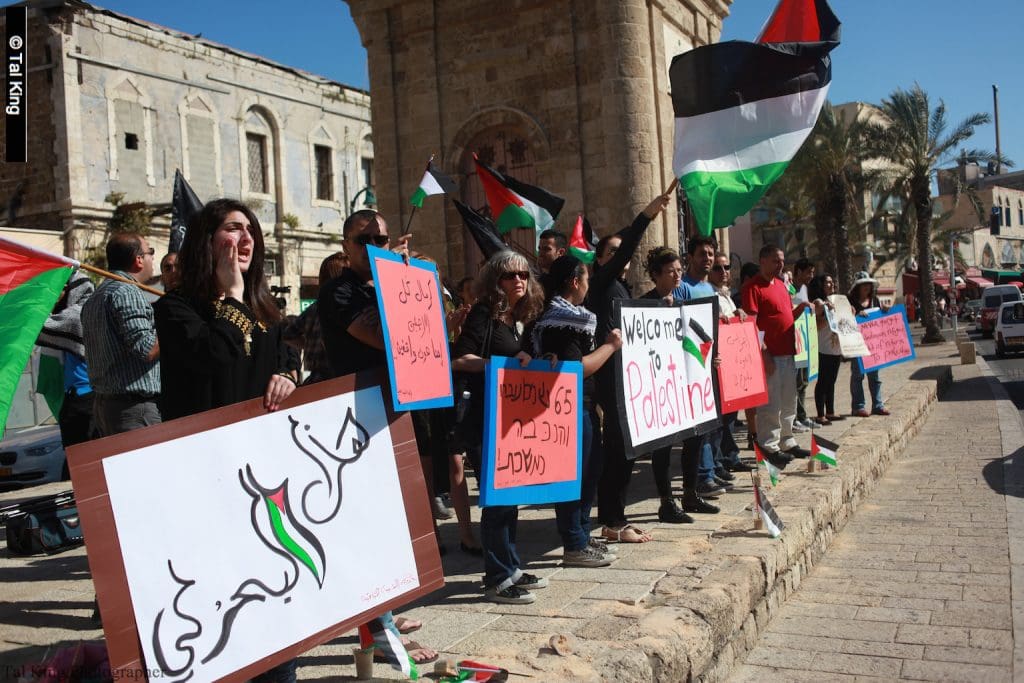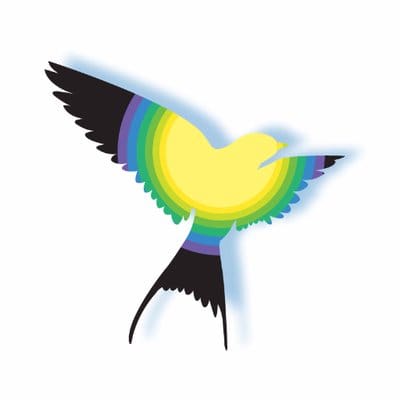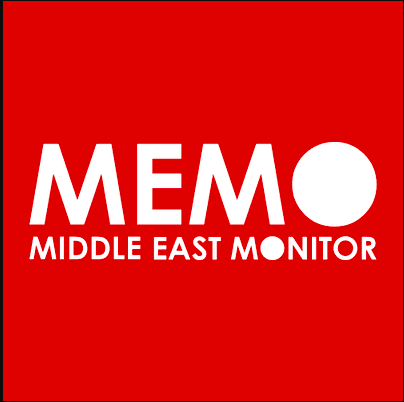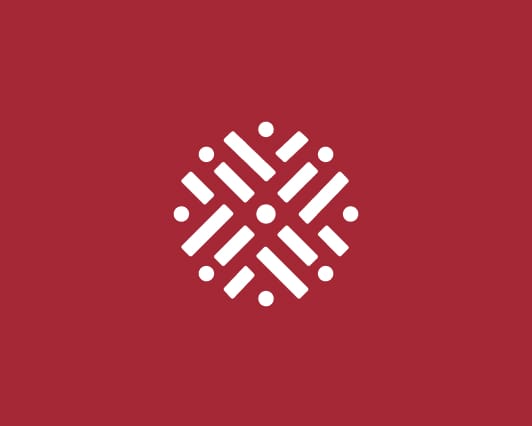Al-Shabaka Policy Member Nadim Nashif is the executive director and co-founder of 7amleh: The Arab Center for the Advancement of Social Media. Nadim is a committed Digital Rights Defender and long time community organizer, who has worked on youth and community development issues for over 20 years. Nadim founded and previously served as director of Baladna, The Association for Arab Youth. He founded and coordinated the youth wing of the Balad political party before becoming Director at the Committee for Educational Guidance for Arab students. He is also the co-founder of Wusol Digital Academy, a digital marketing educational center.
From this author
The arrival of new digital technologies over the past decade has had critical implications for Palestinian activism. On the one hand, these developments have reinvigorated the Palestinian cause. Indeed, social media platforms have facilitated new channels and modes of social organization, helping Palestinians counter their geographic fragmentation under Israeli apartheid.
From invasive surveillance systems to social media censorship, Israeli violations of Palestinians’ digital rights have increased, especially since the 2021 Unity Intifada and the rise in global solidarity with Palestinians.


Punctuated by the outbreak of the Unity Intifada in May 2021, the trajectory of Palestinian resistance is experiencing a watershed phase marked by new actors and themes. With the effective neutralization of the Palestinian Liberation Organization (PLO) since the 1993 Oslo Accords, the deepening geopolitical fragmentation of Palestinians across colonized Palestine and the world, and the global shift to cyberspace, new opportunities — and threats — to Palestinian resistance have emerged.




+
Sam Bahour,Rana Barakat,Mary Nazzal-Batayneh, + MoreOroub el-Abed,Nadia Hijab,Victor Kashkoush,Anis Kassim,Osamah Khalil,Mouin Rabbani,Jamil Hilal,Loubna Qutami,Haidar Eid,Yara Hawari,Nadim Nashif,Raya Naamneh,Omar Barghouti,Marwa Fatafta,Tariq Dana,Hatem Bazian,Noura Erakat,Alaa Tartir,Issam Younis,Nada Awad,Nur Arafeh,Diana Buttu,Ingrid Jaradat Gassner· Aug 26, 2021
Palestinians are facing mounting digital censorship from all angles - from the Israeli government to the Palestinian Authority and Hamas. What are the implications of this growing trend, and what tools exist to fight back?



Israel is a world leader in cybersecurity technologies and surveillance and, on platforms like Facebook and Twitter, uses predictive social media policing systems to increasingly limit Palestinians’ freedom of expression. These systems locate users by matching traits like age, gender, and location with keywords like “resistance” and “martyr.” Israeli authorities then target these users by censoring their posts and pages, deleting their accounts, and, in the worst cases, arresting them.

Nadim Nashif· May 21, 2019
New technologies have enabled Israel to surveil Palestinians on an unprecedented scale. Al-Shabaka Policy Analysts Marwa Fatafta and Nadim Nashif examine Israel’s use of social media as a tool of surveillance, as well as other digital obstacles to Palestinian rights, and conclude with ways Palestinians can counter these practices and safeguard their digital freedoms.


Israel still portrays itself as a Jewish and democratic state. Yet in practice, as its Palestinian citizens can attest, it functions as a Jewish ethnocracy, leaving small margins of freedom for its Palestinian citizens that have been steadily shrinking in the past few years. Now the Israeli state has come under the complete control of the far right wing, which sees no need even for such limited margins of freedom. This is evident in the wave of discriminatory legislation and the use of the Emergency Regulations against established non-governmental organizations (NGOs) and movements such as the northern branch of the Islamic Movement in Israel.











